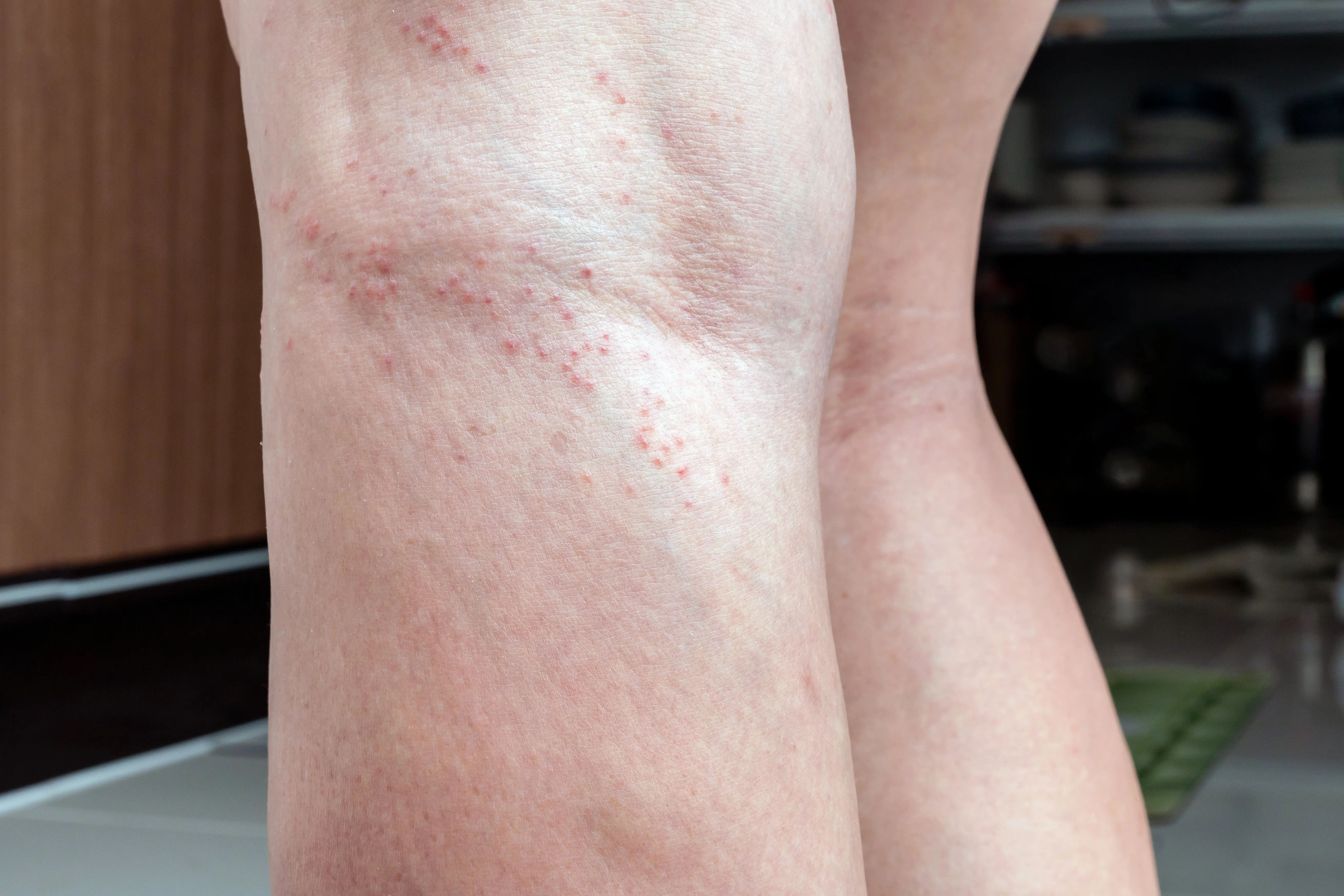IgE Allergy Test Overview and Procedure
Understand the IgE allergy test, its purpose, procedure, and how it helps identify allergic reactions. Learn what to expect during the test and how results guide effective allergy management.

Written by Dr. Rohinipriyanka Pondugula
Reviewed by Dr. Shaik Abdul Kalam MD (Physician)
Last updated on 25th Aug, 2025

Allergies can be frustrating and sometimes even dangerous. If you often experience sneezing, itching, rashes, or more severe reactions after eating certain foods or being exposed to dust, pollen, or pets, you might have an allergy. To find out exactly what’s causing your symptoms, doctors recommend an IgE allergy test.
This article will help you understand what an IgE allergy test is, how it works, and what to expect during the procedure.
What is an IgE Allergy Test?
An IgE (Immunoglobulin E) allergy test is a blood test that checks for allergic reactions by measuring the levels of IgE antibodies in your blood. IgE antibodies are produced by your immune system when it mistakenly identifies a harmless substance (like pollen or peanuts) as a threat.
This test helps identify specific allergens (substances causing allergies) so that you can avoid them or get the right treatment.
Consult a Top Immunologist
Why is an IgE Allergy Test Done?
Doctors may recommend this test if you have symptoms like:
- Frequent sneezing, runny nose, or nasal congestion
- Itchy or watery eyes
- Skin rashes, hives, or eczema
- Swelling of the face, lips, or throat
- Wheezing or difficulty breathing
- Stomach pain, nausea, or diarrhea after eating certain foods
If you’ve had a severe allergic reaction (anaphylaxis), this test can help identify the trigger to prevent future risks.
Types of IgE Allergy Tests
There are two main types of IgE allergy tests:
1. Total IgE Test
- Measures the overall level of IgE antibodies in your blood.
- Helps determine if you have an allergic condition but doesn’t identify specific allergens.
2. Specific IgE Test (RAST or ImmunoCAP Test)
- Checks for IgE antibodies against particular allergens (e.g., pollen, pet dander, foods).
- Helps pinpoint exactly what you’re allergic to.
How is the Test Done?
The IgE allergy test is a simple blood test with minimal discomfort. Here’s what happens:
Before the Test
- No fasting is usually required, but check with your doctor.
- Inform your doctor about any medications you’re taking, as some may affect results.
During the Test
1. A healthcare professional will clean your arm with an antiseptic.
2. A small needle is inserted into a vein to draw a blood sample.
3. The blood is sent to a lab for analysis.
The whole process takes just a few minutes.
After the Test
- You may have slight bruising or soreness at the needle site, which goes away quickly.
- Results usually take a few days to a week.
Understanding Your Test Results
- Normal IgE Levels: Low levels mean you likely don’t have allergies.
- High IgE Levels: Indicate an allergic reaction, but further tests may be needed to identify specific allergens.
- Your doctor will explain the results and suggest the next steps, such as avoiding certain allergens or starting treatment.
How to Manage Allergies After the Test
Once you know your triggers, you can take steps to reduce exposure and symptoms:
1. Avoid Allergens
- If allergic to pollen, keep windows closed during high-pollen seasons.
- For dust allergies, use hypoallergenic bedding and clean regularly.
- If food allergies are detected, read labels carefully and inform restaurants.
2. Medications
- Antihistamines (like cetirizine) can relieve mild symptoms.
- Nasal sprays or inhalers may help with breathing issues.
- In severe cases, your doctor may prescribe an epinephrine auto-injector (EpiPen).
3. Allergy Shots (Immunotherapy)
For long-term relief, immunotherapy helps your body build tolerance to allergens.
4. Lifestyle Changes
- Use air purifiers to reduce indoor allergens.
- Wash hands and change clothes after outdoor activities.
- Keep pets out of the bedroom if allergic to pet dander.
When to See a Doctor
Consult a doctor if:
- Allergy symptoms interfere with daily life.
- You experience severe reactions like swelling or breathing difficulties.
- Over-the-counter medications don’t help.
- If you suspect allergies but aren’t sure, an IgE allergy test can provide clarity.
Book an IgE Allergy Test with Apollo 24|7
If you’re experiencing allergy symptoms, don’t ignore them. Apollo 24|7 offers convenient and accurate IgE allergy testing from the comfort of your home or at a nearby lab.
Final Thoughts
Allergies can be managed effectively once you know what’s causing them. An IgE allergy test is a simple, safe way to identify your triggers and take control of your health. If you’ve been struggling with unexplained symptoms, consider getting tested and consulting a specialist for the best treatment plan.
Get Your Health Assessed





